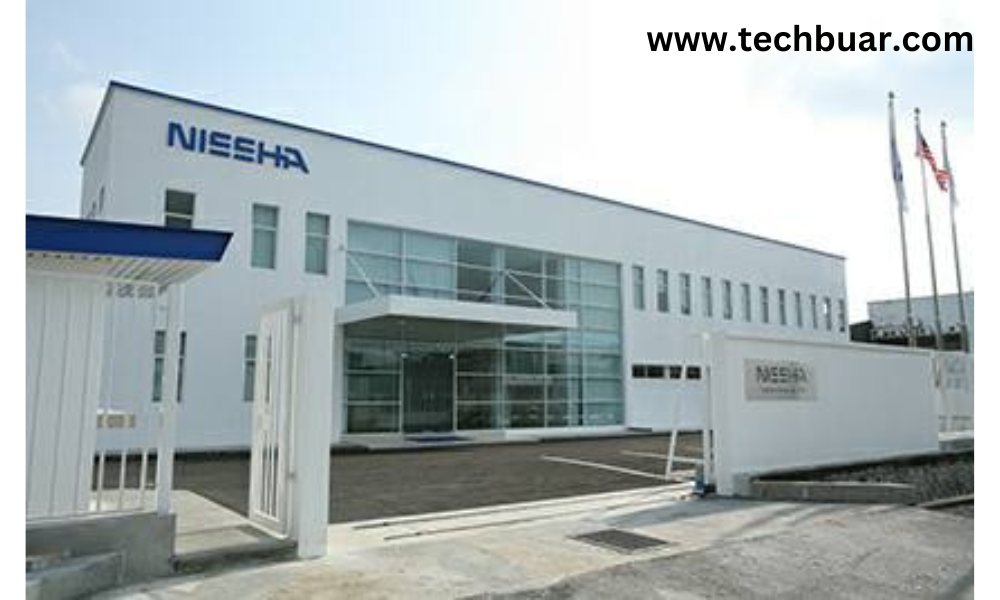
Precision Technologies International: 100% Revolutionizing and fruitful Industries
In today’s rapidly evolving technological landscape, precision technologies have emerged as a cornerstone of innovation across various industries. Precision Technologies International, often abbreviated as PTI, stands at the forefront of this revolution, pioneering advancements that redefine the boundaries of efficiency, accuracy, and productivity.
Evolution of Precision Technologies
Precision technologies have a rich history dating back to the Industrial Revolution when the need for standardized production processes sparked the development of machinery with precise measurements. Since then, advancements in materials science, computer engineering, and automation have propelled precision technologies to unprecedented heights.
Applications of Precision Technologies
Healthcare
In the healthcare sector, precision technologies play a vital role in diagnostics, treatment, and medical device manufacturing. From precision medicine tailored to individual genetic profiles to high-resolution imaging techniques, PTI contributes to enhanced patient outcomes and the development of innovative therapies.
Aerospace
In aerospace engineering, precision technologies are indispensable for manufacturing components with strict tolerances to ensure safety and performance in demanding environments. PTI’s contributions to lightweight materials, advanced sensors, and automated assembly processes have revolutionized aircraft design and space exploration.
Automotive
The automotive industry relies heavily on precision-technologies for manufacturing processes, quality control, and vehicle performance optimization. PTI’s innovations in precision machining, robotics, and data analytics have streamlined production lines, improved fuel efficiency, and enhanced driver safety.
Advantages of Precision Technologies
The adoption of precision technologies offers numerous benefits, including:
- Enhanced Accuracy: PTI’s cutting-edge solutions ensure precise measurements and consistent quality across manufacturing processes.
- Increased Efficiency: By minimizing waste and optimizing resource utilization, precision-technologies drive operational efficiency and cost savings.
- Improved Productivity: Automated workflows and real-time monitoring enable faster production cycles and quicker time-to-market.
- Greater Customization: With the ability to tailor products to individual requirements, PTI empowers customization and personalization at scale.
Challenges in Implementing Precision Technologies
Despite their transformative potential, precision-technologies present challenges such as initial investment costs, skill gaps in workforce training, and cybersecurity risks associated with interconnected systems. Overcoming these hurdles requires strategic planning, collaboration, and continuous innovation.
Future Trends in Precision Technologies
Looking ahead, the future of precision-technologies promises even greater advancements, including:
- Integration of Artificial Intelligence: AI-powered algorithms will optimize decision-making and predictive maintenance in precision manufacturing.
- Expansion of Additive Manufacturing: 3D printing technologies will continue to evolve, enabling complex geometries and material innovations.
- Enhanced Connectivity: The Internet of Things (IoT) will enable seamless communication and data exchange between interconnected devices, driving efficiency and flexibility.
Case Studies of Successful Implementation
Several companies have successfully leveraged PTI’s solutions to achieve remarkable results. From precision machining shops improving production throughput to medical device manufacturers enhancing product quality, these case studies underscore the tangible impact of precision technologies on business outcomes.
Importance of Precision Technologies in Modern Industries
In an increasingly competitive global market, precision technologies are not just a luxury but a necessity for businesses seeking to remain competitive and relevant. From small-scale startups to multinational corporations, embracing PTI’s solutions fosters innovation, drives growth, and ensures sustainability in the long run.
Impact on Efficiency and Productivity
By optimizing workflows, minimizing errors, and maximizing resource utilization, precision technologies elevate operational efficiency and productivity across industries. Whether it’s reducing cycle times in manufacturing or improving patient outcomes in healthcare, the ripple effects of PTI’s innovations are felt far and wide.
Environmental Sustainability in Precision Technologies
Beyond economic benefits, precision-technologies also contribute to environmental sustainability by reducing waste, conserving energy, and minimizing carbon footprints. Through advancements in eco-friendly materials, renewable energy sources, and green manufacturing practices, PTI pioneers solutions that align with the principles of sustainability and corporate responsibility.
Conclusion
Precision Technologies International stands as a beacon of innovation in an ever-evolving landscape, driving progress, and redefining the standards of excellence across industries. With a relentless commitment to precision, efficiency, and sustainability, PTI continues to shape the future of technology, transforming possibilities into realities.
FAQs
What industries benefit most from precision-technologies?
- Precision-technologies find applications in diverse sectors, including healthcare, aerospace, automotive, electronics, and more.
How do precision-technologies contribute to environmental sustainability?
- By optimizing resource utilization, minimizing waste, and adopting eco-friendly practices, precision-technologies promote environmental conservation and sustainability.
What are the key challenges in implementing precision-technologies?
- Challenges include initial investment costs, workforce training, cybersecurity risks, and ensuring compatibility with existing systems.
What role does AI play in the future of precision-technologies?
- Artificial intelligence enables predictive maintenance, quality control, and optimization of manufacturing processes, driving efficiency and innovation.
How can businesses leverage precision-technologies to gain a competitive edge?
- By embracing PTI’s solutions, businesses can enhance product quality, streamline operations, and adapt to changing market demands, gaining a competitive advantage in the process.


